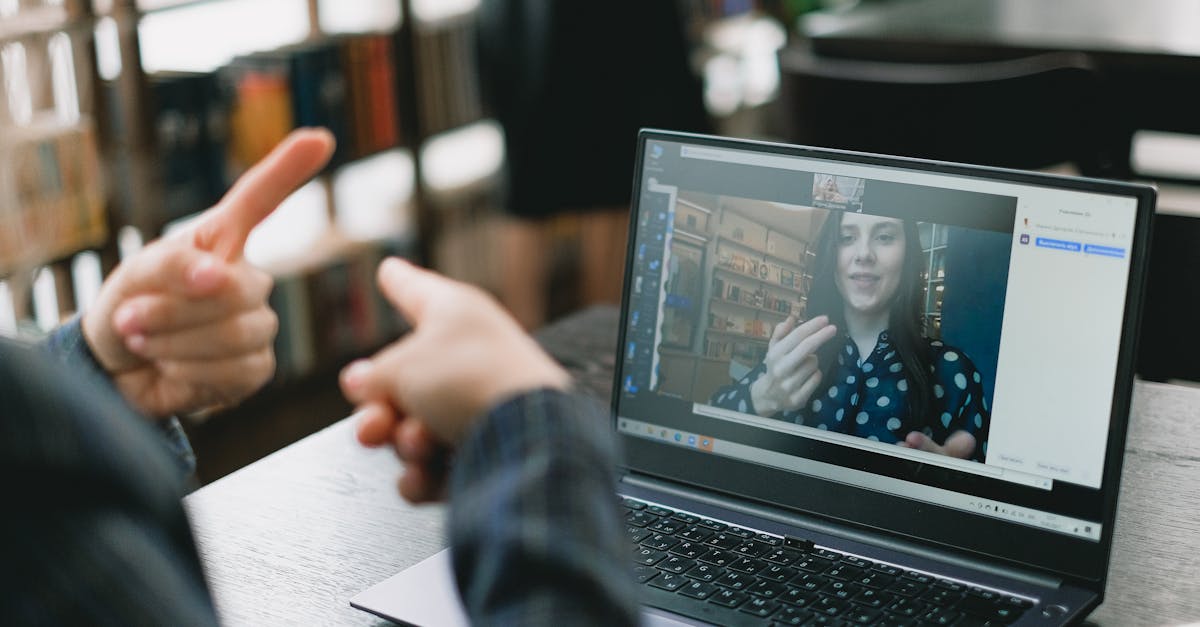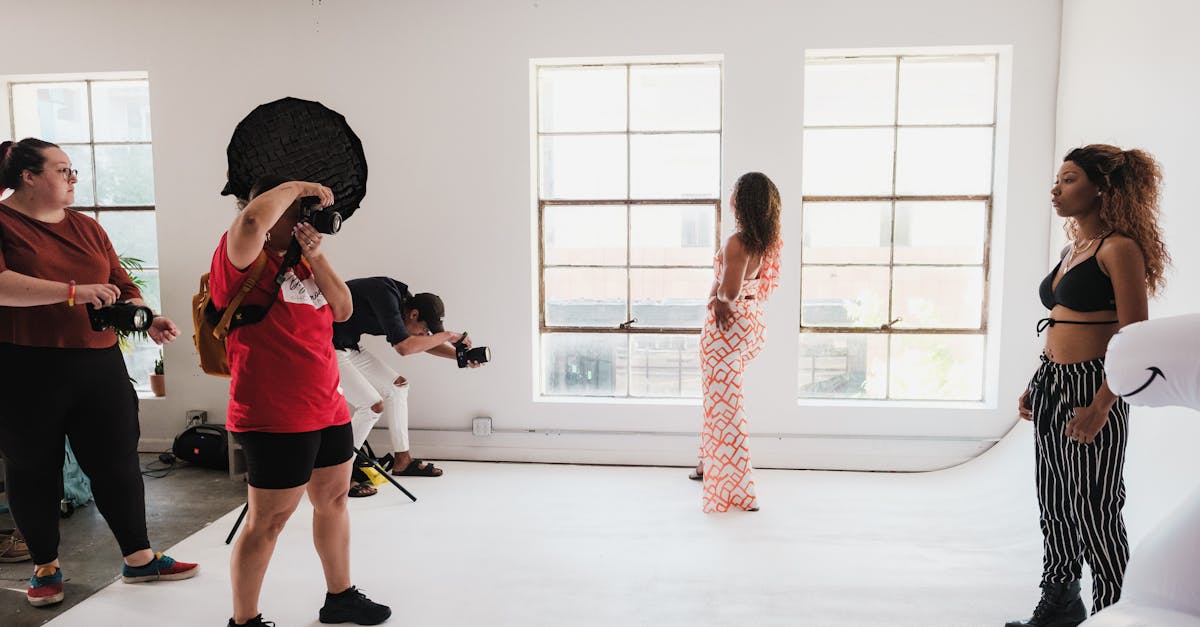Gear Up Without Breaking the Bank
Starting with basic gear is crucial for beginners. No need to splurge! A good DSLR or a mirrorless camera with a versatile lens will do wonders. Don’t forget a reliable tripod and extra batteries. They’re lifesavers in the field. Keep it simple at first, and upgrade as you learn.

Key Takeaways:
- Start with basic gear
- Invest in a good camera and lens
- Don’t overlook a tripod and extra batteries
- Upgrade equipment gradually
Patience: Your New Best Friend
Patience is key in wildlife photography. Animals don’t pose on command, so be ready to wait. Use this time to learn their behavior. It makes clicking the perfect shot so much easier. And, hey, think of it as a mini-break from daily chaos!

Knowing Your Subject
Knowing your subject is just as essential as any fancy equipment. Learn about their habitats, patterns, and behaviors. The more you know, the better your photos will be. Plus, it’s fun! Who doesn’t like a good animal fact?

Lighting: The Secret Ingredient
Lighting can make or break your photos. Early mornings or late afternoons provide the best natural light. Avoid the harsh midday sun. Backlighting can create stunning silhouettes. Experiment with different times and see what works.
Mastering Composition
Composition is where the magic happens. Use the rule of thirds to make your photos more appealing. Leading lines and framing techniques help too. Be creative! Sometimes, breaking the rules can lead to extraordinary results.
Staying Safe and Respectful
Safety first – for you and the animals. Maintain a safe distance and respect their space. No photo is worth risking harm. Invest in camouflage clothing and stay hidden. Blend into your surroundings and capture those candid moments.

Review and Learn
Reviewing your photos is a valuable learning opportunity. Take the time to analyze what elements of your work were successful and what areas need improvement. One effective way to gain insights is by joining wildlife photography forums where you can engage with fellow photographers, share your work, and seek constructive feedback.
Continuous improvement is the name of the game. Remember, photography is an art that requires both practice and experimentation. Embrace the process and keep honing your skills to elevate your craft.

